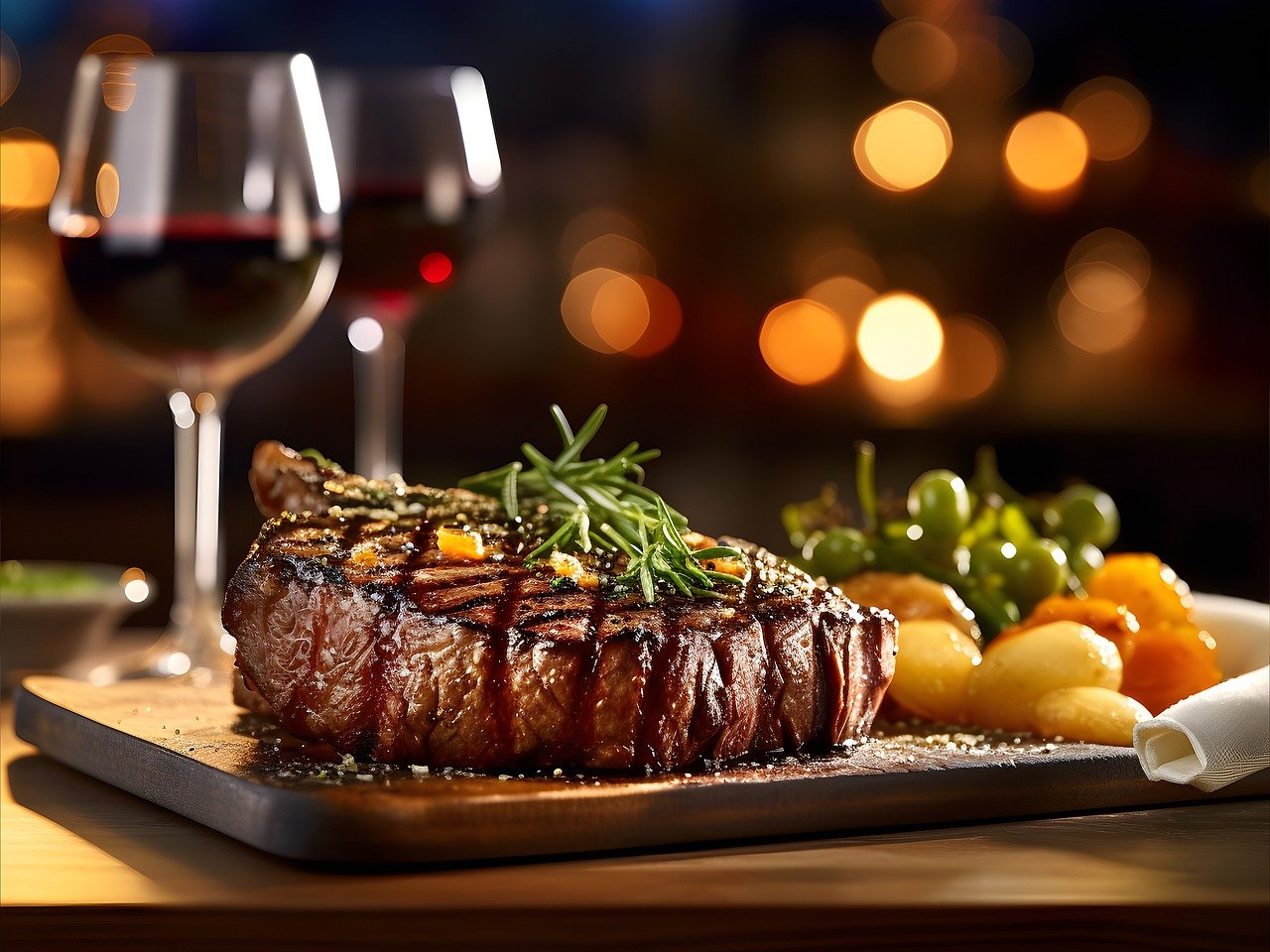
After a cycle of restrictive diets, do you feel unsatisfied and unfulfilled? We’ve got you covered. A new diet is key to improving your health, leaving you feeling truly nourished and satiated. That diet? The Atlantic diet.

What is the Atlantic diet?
The Atlantic diet represents a traditional dietary pattern of healthy food, originating from the northwestern regions of Spain and Portugal, sharing notable similarities with the well-established Mediterranean diet.
In essence, the Atlantic diet and the Mediterranean diet share a philosophy centered around promoting overall health and well-being through the consumption of nutrient-dense foods while discouraging the consumption of processed and refined foods that are high in unhealthy fats, added sugars, and excessive sodium.
As a fundamental component of the Atlantic diet, olive oil takes precedence as a healthy fat. Additionally, the diet places significant emphasis on lean sources of protein, such as fish and seafood, which furnish substantial quantities of omega-3 fatty acids, known for their salutary effects on cardiovascular health and cognitive function.
Furthermore, the Atlantic diet promotes moderate consumption of dairy products, recognizing their potential to contribute to a balanced nutritional profile.

What is allowed on the Atlantic diet?
To adhere to the Atlantic diet, it’s essential to prioritize vegetables, fruits, whole grains, and legumes. Load your plate with colorful vegetables like leafy greens, peppers, and tomatoes, which provide essential vitamins, minerals, and dietary fiber.
Contrary to popular belief, the Atlantic diet does not eliminate red meat from your plate. Instead, it encourages moderate consumption, allowing you to enjoy your favorite cuts. Additionally, there are plenty of seafood options to choose from as well. Seafood is a key component of this diet, providing valuable omega-3 fatty acids, vitamins, and minerals.
Portion control and moderation are key to any healthy eating plan, including the Atlantic diet. Red meat and potatoes are perfectly acceptable, but make sure to watch your portion sizes.
Opt for leaner cuts of meat, trim visible fat, and practice moderation when it comes to portion sizes. By balancing your plate with an ample amount of vegetables and whole grains, you can create a satisfying and well-rounded meal while still accomplishing your weight loss goals.
Foods to avoid on the Atlantic diet
On the Atlantic diet, highly processed foods should be avoided. This includes packaged snacks, sugary cereals, fast food, and processed meats. These types of foods are often high in added sugars, unhealthy fats, and artificial additives, which can have negative effects on our health.
Additionally, it is recommended to steer clear of refined grains. The Atlantic diet promotes the consumption of whole grains, such as whole wheat bread, brown rice, and whole wheat pasta, which are rich in fiber, vitamins, and minerals. On the other hand, refined grains like white bread, white rice, and refined pasta have been stripped of their nutritional value during processing, which can lead to spikes in blood sugar levels.
Sugary beverages are another category of foods to avoid on the Atlantic diet. Instead, the focus should be on consuming water and unsweetened tea. Sugary beverages, such as soda, fruit juices with added sugars, and energy drinks, are high in empty calories and can contribute to weight gain and other health issues.
While moderate meat consumption is included in the Atlantic diet, processed meats like sausages, bacon, and deli meats should be limited. These processed meats often contain high levels of sodium, unhealthy fats, and preservatives, which can increase the risk of cardiovascular diseases and certain cancers.

Risk of chronic disease with the Atlantic diet
The Atlantic diet is a way of eating that can help protect your health and lower your chances of getting chronic diseases. Like the Mediterranean diet, the Atlantic diet can reduce the risk of developing metabolic syndrome – a condition that can lead to serious diseases like heart disease and diabetes.
In a study with over 500 participants, researchers found that following the Atlantic diet helped lower the incidence of metabolic syndrome. This means that people who eat this way are less likely to develop these health problems.
Another good thing about the Atlantic diet is that it can improve your heart health. It has been shown to lower certain risk factors for heart disease and make your arteries healthier. This is important because heart disease is one of the leading causes of death worldwide.
Following the Atlantic diet doesn’t mean giving up your love for red meat and potatoes. Remember to balance your plate with plenty of vegetables and explore the wide array of seafood options this diet offers.
Editors' Recommendations
- Do you need intra workout carbs?
- Healthy grilling ideas: These foods will have you feeling great all summer long
- These are the fruits high in vitamin C you should be eating
- How to train for a 5K: What you need to know
- Weight training tips: This is what — and when — you should be eating



